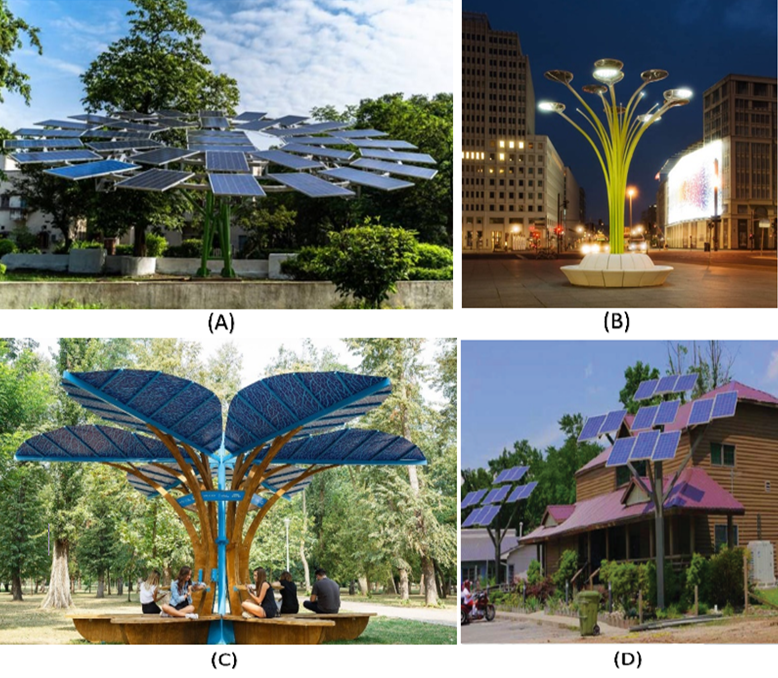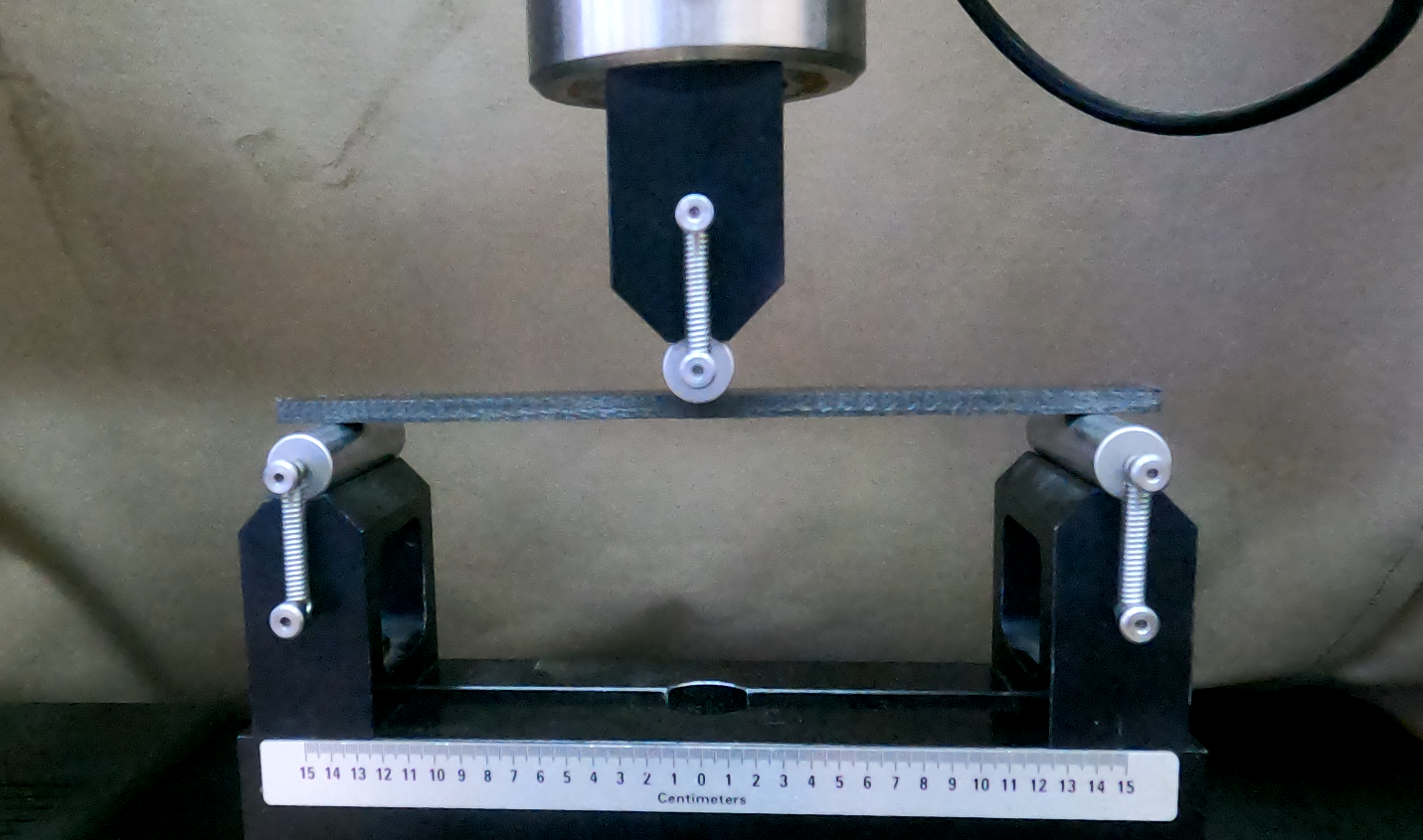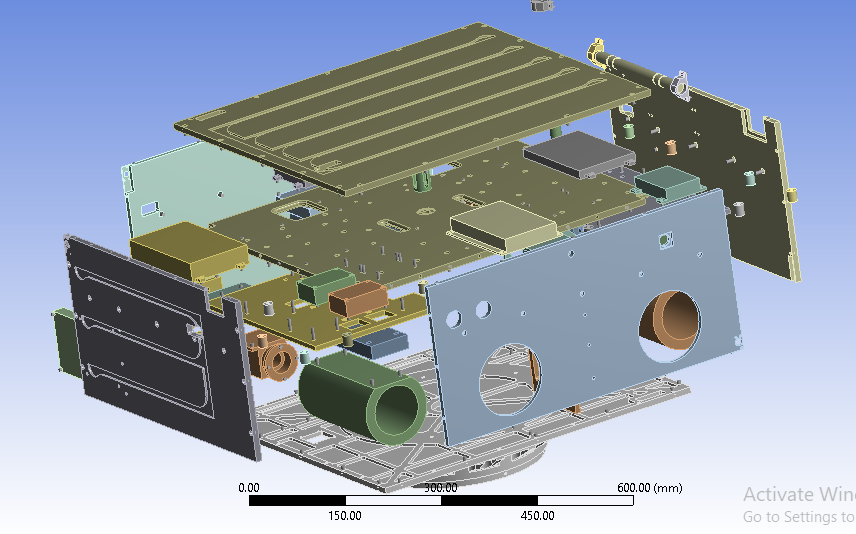Research Project

Research Project
Fractional-order Fuzzy Sliding Mode Control of Uncertain Nonlinear MIMO Systems Using Fractional-order Reinforcement Learning
Abstract This project presents a novel approach to enhance the control performance of unknown multiple-input and multiple-output (MIMO) nonlinear systems. The proposed method integrates a fractional-order fuzzy sliding mode controller with online fractional-order reinforcement learning (FOFSMC-FRL). The controller utilizes two Takagi–Sugeno–Kang (TSK) fuzzy neural network actors to approximate the

Research Project
Optimal Fractional-Order PID Controller based on Fractional-Order Actor-Critic Algorithm
Abstract This project proposes an online optimization approach for a fractional-order PID controller using a fractional-order actor-critic algorithm (FOPID-FOAC), aiming to enhance the performance of nonlinear systems. The FOPID-FOAC scheme combines the advantages of fractional-order PID controllers and actor-critic reinforcement learning algorithms. The proposed FOAC algorithm employs fractional

Research Project
Optimization of Solar Tree Performance in Egypt: A Simulation-Based Investigation
Abstract This project explores the optimization of solar tree performance in Egypt through the orientation and positioning of solar panels. Solar energy is a crucial and abundant resource in Egypt, and the paper proposes the use of solar trees as a promising solution to harness this energy efficiently. The design process involves two main aspects: optimizing the orientation of solar panels and

Research Project
Experimental Investigation of Laminated Composite Beams
Experimental Investigation of Laminated Composite Beams This study investigates the failure behavior of woven composite solid laminates with orthogonal woven plies subjected to three-point bending in addition to investigating the applicability of unidirectional failure theories for woven plies. Additionally, it investigates a modification to the Classical Lamination Model that predicts the failure

Research Project
Quantum Computing from Algorithms to Realization
Since the invention of classical computation [1], it has been used in all aspects of our life, from Apollo moon landing missions to controlling toaster machines. Classical computing is based on using bits of 1’s and 0’s and is built on the theoretical framework of Turing machines. They used physical devices based on classical physical concepts giving a deterministic output bit using what are known

Research Project
Machine Learning Inspired Electromagnetic Metasurfaces
Various frequency bands, including the microwave, mid-IR, and optical bands, are utilized for numerous real-life applications, including but not limited to wireless communications, sensing, and energy harvesting. This poses different challenges and opens the door for numerous fields of research towards the pursuit of better understanding, thus easier design and better performance for different

Research Project
Wind Turbine Aeroelastic Analysis and Design
As a result of the high demand for clean and sustainable energy resources, increasing the rotor diameter and tower height is the trend of development to capture more energy from the wind. The long flexible blades are sensitive to any vibrations; therefore, the flutter analysis of wind turbine blades became highly required. A lot of research work has been dedicated to studying the flutter phenomena

Research Project
Satellite Analysis and Design
The parametric design and optimization of the satellite composite laminated plates with conventional stacking sequence under static load. We create finite element code using MATLAB software to calculate the deformation of the composite satellite plate. The model has been created to study the effect of changing fiber orientation on the displacement of the composite satellite plate. The MATLAB code

Research Project
Terahertz Metamaterial Structures for Biomedical Sensing Applications
A new design of interdigitated E-shaped metamaterial sensor has been proposed. The structure has been intensively studied using CST software and is optimized to achieve ultrahigh sensitivity at the Terahertz range. Two different structures of the E-shaped sensors have been proposed. Both structures are characterized by a high absorption level at their resonant peaks with an ultra-high sensitivity
